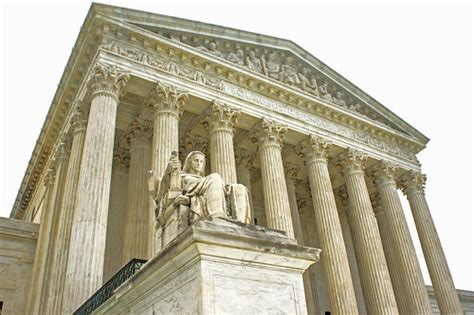
Supreme Court of PA makes NEW Law but are to interpret the LAW
Role of Pennsylvania Judges in Lawmaking
Judicial Interpretation
Judges in Pennsylvania do not create new laws in the traditional sense. Instead, they interpret existing laws and the state constitution. Their rulings can set legal precedents that influence how laws are applied in future cases. This process is known as judicial interpretation.
Impact on Legislation
While judges do not legislate, their decisions can effectively change the application of laws. For example, the Pennsylvania Supreme Court has made significant rulings on issues like voting rights and worker protections. These decisions can lead to changes in how laws are enforced or understood, which may prompt the legislature to amend existing laws or create new ones.
Examples of Judicial Influence
-
Voting Rights: The Pennsylvania Supreme Court has ruled on mail-in voting laws, ensuring that voters have access to provisional ballots even if their mail-in ballots are disqualified due to minor errors.
-
Worker Protections: The court has upheld policies that protect workers’ rights, such as sick leave and overtime pay, which can influence legislative action on labor laws.
Conclusion
In summary, while Pennsylvania judges do not create new laws, their interpretations and rulings can significantly impact th
U.S. Supreme Court reverses Pennsylvania mail voting law decision
Pennsylvania’s top-ranking elections official said the decision was under review and that guidance to counties about how to handle such ballots would be updated if necessary.
- Associated Press
- Marc Scolforo
click for the link
The U.S. Supreme Court invalidated a lower appeals court decision Tuesday regarding how rules for mail-in ballots had been applied in a Pennsylvania election, adding an element of uncertainty about voting procedures four weeks ahead of the state’s high-stakes elections for governor and U.S. Senate.
Pennsylvania’s top-ranking elections official said the decision was under review and that guidance to counties about how to handle such ballots would be updated if necessary.
The justices vacated a decision in May by the 3rd U.S. Circuit Court of Appeals that had said mail-in ballots without a required date on the return envelope had to be counted in a 2021 Pennsylvania judge race.
The lower court had said state election law’s requirement of a date next to the voter’s signature on the outside of return envelopes was “immaterial.” That lower court had said it found no reason to refuse counting the ballots that were set aside in the Nov. 2, 2021, election for common pleas judge in Lehigh County.
Those votes were enough to propel the Democrat, Zac Cohen, to victory in the race. He has since been sworn in, and the new U.S. Supreme Court decision is not expected to reverse the results of Cohen’s election contest.
In the latest decision, the justices ruled 7-2 that the Third Circuit must “dismiss the case as moot.”
Joshua Voss, a lawyer who represents the losing judicial candidate in the Lehigh County race, Republican David Ritter, said the effect of the new high court ruling is that state law goes back to where it had been.
“The Department of State certainly should update their guidance,” Voss said. “But at the end of the day, elections are administered by counties and counties will need to assess what the state of the law was.”
